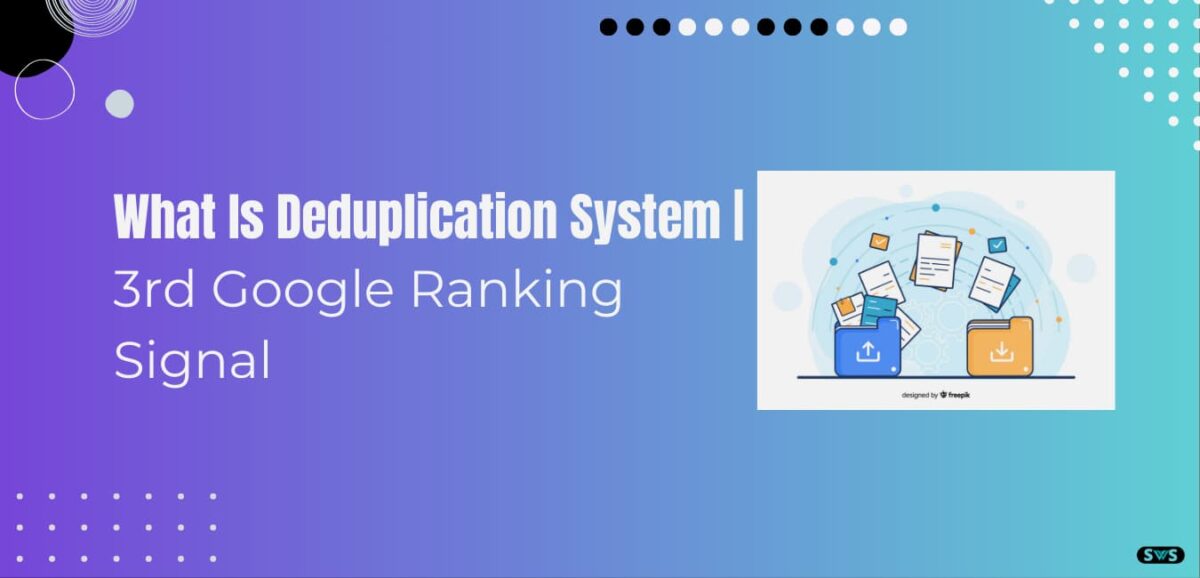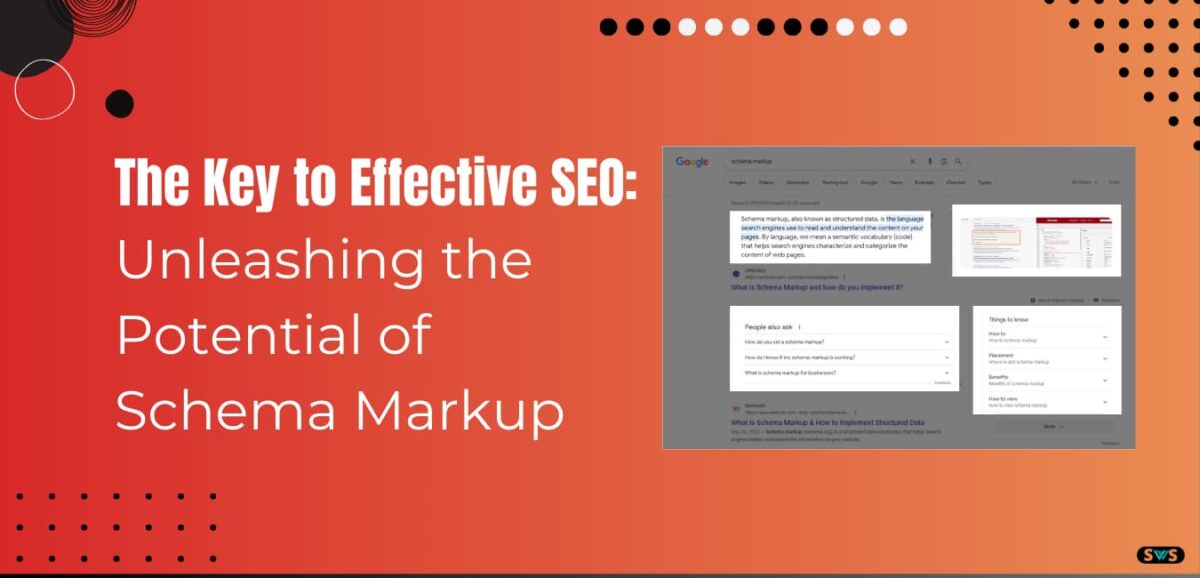Reading Time: 3 mins 50 sec
In this article, we will discuss what is SEO poisoning.
Do you ever wonder why some websites show up first when you search online, while others hide in the shadows?
Well, it’s all about something called Search Engine Optimization (SEO).
SEO helps websites rank at the top of search results on Google, Bing, and other search engines.
But there’s a dark side to this called SEO poisoning.
Don’t worry; we’re here to explain it in simple terms.
So let’s get started
Read This: What Should Be The First Step Of A Structured SEO Plan?
What is SEO Poisoning?
SEO poisoning is a tricky tactic used by cyber hackers to trick search engines.
They want their malicious websites to appear at the top of search results.
Why? Because if a website is high up in the search results, people are more likely to click on it.
And that’s exactly what these bad guys want – to get you to visit their website so they can do some wrong things, like spreading malware.
How SEO Poisoning Works
To understand SEO poisoning, let’s break it down step by step:
1. Tricky Keywords: The hackers choose keywords that they think you’ll search for. It’s like they’re setting a trap they know you’ll fall into.
2. Impersonating Good Sites: They might create websites that look a lot like the ones you trust. Imagine someone copying your friend’s appearance to fool you.
3. Sneaky SEO Tactics: They use unethical methods to trick search engines into thinking their site is super important and trustworthy.
Once they’ve tricked you into visiting their website, their goal is to make you download something bad, like malware.
They pretend it’s something good, like useful software or a fun game.
They even make it look real by giving it a familiar icon.
Read This: What Is The Best CMS For SEO: A Head-To-Head Comparison
Examples of SEO Poisoning
These bad guys use all sorts of tricks.
Here are a few examples:
Gootloader: This one uses SEO poisoning and tricks you with fake pop-ups.
BATLoader: They use SEO poisoning to send you to fake message boards where they can do more trickery.
Solarmarker: Tries to trick remote workers into downloading fake files, like PDFs.
Detecting SEO Poisoning
You don’t want to fall for these tricks, right?
Here’s how you can spot SEO poisoning:
Look for Fake Domains: Keep an eye out for websites that look like trusted ones but have sneaky misspellings.
Use Cybersecurity Tools: These tools can help you find bad websites and protect you from their tricks.
Keep Software Updated: Make sure your computer’s software is up-to-date to avoid falling into their traps.
Read This: How To Migrate WordPress Site To New Server: A Simple Guide
Preventing SEO Poisoning
Now, let’s talk about how to stay safe:
Employee Training: Learn about SEO poisoning so you can recognize it. If something seems fishy, don’t click!
Web Security: Use tools to protect yourself online. They’ll help you avoid those sneaky websites.
Endpoint Security: This is like having a security guard for your computer. It can stop bad stuff from getting in.
Update Everything: Keep your computer and web browser updated. That way, the hackers can’t use old tricks on you.
Protecting Against SEO Poisoning with “Check Point”
There’s a company called Check Point that can help keep you safe.
They have smart tools that check websites and block bad ones in real time.
They even use advanced technology like artificial intelligence to stay one step ahead of the bad guys.
If you’re using Check Point’s cybersecurity products, you’re in good hands.
They protect against all sorts of threats, including phishing and attacks like SEO poisoning.
They can even stop bad websites from doing harm.
Read This: Optimize Social Media Pages For Enhanced Search Performance
Conclusion
In this article, we will discuss what is SEO poisoning.
SEO poisoning might sound complicated, but it’s just a sneaky way for hackers to trick you online.
They use keywords, fake websites, and other tricks to get you to download bad stuff.
But if you stay informed, use the right tools, and keep everything updated, you can stay safe online.
And remember, companies like Check Point are here to help, so you don’t have to face these tricks alone.
Stay safe out there!
Read Also
- Top 65 Technical SEO Interview Questions And Answers
- Does Bold Text Help SEO
- How To Create The Perfect H1 Tag For SEO
- Google Announces Five Changes Coming To Mobile Search
- Benefits Of Using Semrush
FAQ
What is the most common goal of SEO poisoning?
Increasing traffic to fake websites that may host malware or attempt social engineering is the most common purpose of SEO poisoning. We’ll look at the security measures cybersecurity and SEO experts should take to prevent SEO poisoning in this article.
What are the techniques of SEO poisoning?
Keyword Stuffing.
Sneaky Redirects.
Typosquatting.
Private Link Networks.
Cloaking.
Article Spinning.
What is SEO in cyber security?
As more people utilize search engines than ever before, harmful advertising (malvertising) and search engine optimization (SEO) poisoning have both greatly increased. While SEO poisoning can have an impact on both individuals and businesses, many are not aware of the security risk it presents.
Does malware affect SEO?
The SEO of a website can be significantly impacted by website viruses. Search engines like Google prioritize websites that offer a secure surfing environment and take website security very seriously. Malware-infected websites are regarded as hazardous and may suffer consequences from search engines.
Does malware affect SEO?
The SEO of a website can be significantly impacted by website virus. Search engines like Google prioritize websites that offer a secure surfing environment and take website security very seriously. Malware-infected websites are regarded as hazardous and may suffer consequences from search engines.



